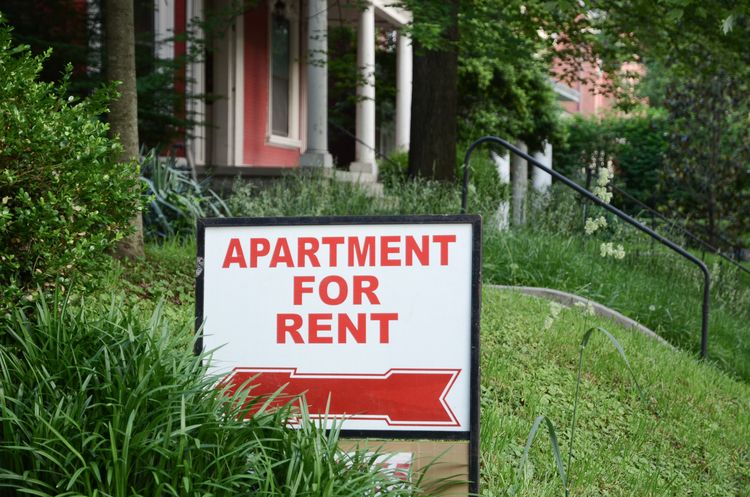Living in a rental property can leave occupants with minimal choices for pricing, activities, and decor. You may tire of asking permission every time you want to paint the walls or bring home a pet, for example. Some leases even limit the times a guest can visit the home or the number of guests. Both the landlord and tenant can benefit from compromising, however. A good tenant can help keep the property looking good and minimizes stress for the landlord. If you want to change something in your lease or negotiate before renewing the contract, get prepared with these simple tips.

5 Tips for Negotiating with Your Landlord
1. Document Everything
If you want to have some leverage when negotiating with your landlord, document everything you do to take care of the home. While many tenants call the landlord for all repairs and necessities, others take care of minor home maintenance themselves.
If you routinely care for the home like it is your own, keep receipts and the number of hours you spent on each task. Want to paint the walls? Document the cost of repainting when you move out so your landlord cannot overcharge you for the task. If you have a pet, repair scratches on doors and other damage as it happens. Document the dates and nature of these repairs to show you take responsibility for your animals in case complications arise in the future.
2. Provide Your Own Appliances
Many landlords supply appliances with their rental property. Potential tenants may also look for homes with refrigerators, washers, and dryers included. If you have your own appliances, you may want to try negotiating for less rent or ask to have lawn care included in the contract. A landlord prepping a home for a new tenant may appreciate saving money on buying appliances for the home. If you bring your own appliances, this also relieves the landlord of repair costs.
3. Do a Little Extra Work
Individuals often rent homes to avoid the expensive repairs and maintenance that result from owning a home. Often landlords have several properties to maintain, meaning repair bills can become high. Your landlord may become more lenient if you take on some of the responsibilities of living in the home.
Consider doing the lawn yourself, helping with small repairs, and paying for some services. Perhaps you know how to fix toilets or appliances. You may also choose to care for the home by paying for a few extra services, such as carpet cleaning or air vent cleaning. Finally, keep the house looking fresh. If you have dogs, fix scratched doors, for example. If you are a long-term tenant, touch up the paint on the walls and keep the baseboards clean.
4. Do Your Research
If you plan to meet with your landlord, don’t show up empty-handed. Take the time to research housing and maintenance costs in your area. A landlord may add $100 to your rent for lawn work and pay a teenager $25 to mow each week. If you plan to negotiate your rent payment, bring copies of real estate listings in your area to show trending rates. You can also find the best rates on HVAC maintenance and plumbing in your area and offer to pay upfront for repairs if you can deduct them from rent. This makes it easier for you to get repairs done on your schedule with professionals you trust.
5. Put it in Writing
Most people don’t know they can negotiate before the lease is ever signed. Read over your lease and cross out items you don’t agree with. Add notes in the margins to let your landlord know what you want to change. Both parties need to agree on a final lease. Put it in writing if you make changes to the home or need repairs.
In case you ever have problems in the future, you need excellent documentation to prove your efforts. For example, if your landlord refuses to return your deposit when you move out, you can present receipts of money you spent on the home. Keep track of the small expenses, as well. Small items such as new shower heads, paint, and trays for the microwave. These little expenses add up over time, especially if you remain on the property for several years.
Tenants often feel like they don’t have options when working with a landlord. Many landlords often make tenants feel bullied to avoid paying for necessary items. In the best-case scenario, your landlord may have a productive meeting with you to discuss pricing and responsibilities. Let your landlord know you want to work as a team to take good care of the property. After all, it’s your home for the duration of the lease. Landlords often appreciate good tenants, as many times their homes become damaged by irresponsible residents. Negotiating can help both of you avoid money and stress.
